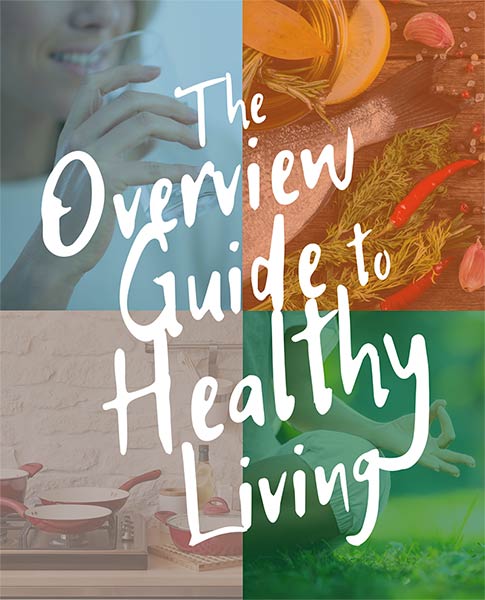Approximately 15% of recognized pregnancies result in miscarriage. Often, women miscarry before even knowing that they are pregnant. Early pregnancy loss is common and it is a normal part of natural selection and reproduction. But that doesn’t make the loss any easier. Recurrent miscarriage, which is defined as 3 or more consecutive miscarriages, affects about 1% of women.
Causes of miscarriage include
- genetic abnormalities of the embryo (chromosomal abnormalities),
- structural abnormalities of the maternal reproductive tract (uterine abnormalities and incompetent cervixes),
- maternal endocrine disorders or other health conditions (PCOS, thyroid problems, both hypo- and hyper-thyroidism), bacterial infections,
- immunologic disorders (where the sperm is recognized as foreign, not enough HCG is produced, etc.),
- lifestyle factors (e.g., use of tobacco, cocaine, or excessive amounts of alcohol or caffeine, prescription drugs, environmental toxins).
In my work in the fertility field, I have noticed that, unfortunately, too many people forget that it is not only the woman, but we also need to account of the partner’s health. While there is nothing that will compensate for a miscarriage, taking preventative measures can heighten your chances of conceiving again, and of carrying the pregnancy to term.
Exposure to various xenobiotic chemicals has been associated with increased rates of spontaneous abortions. These include bisphenol A, polychlorinated organic compounds, and prescription drugs. Industrial and agricultural chemicals, also interfere with normal reproduction.
Research also points to important dietary factors. For example, caffeine has been found to produce chromosomal aberrations in mammalian cells. Most, but not all, observational studies have shown that caffeine intake increases the risk of spontaneous abortion in a dose-dependent manner. I advise clients who are trying to conceive to kick the java habit, or at least limit to 1 cup per day.
(Infante-Rivard C, Fernandez A, Gauthier R, et al. Fetal loss associated with caffeine intake before and during pregnancy. JAMA 1993; 279:2940-2943) (Jacobson M. More effects of caffeine. Nutr Rev 1978; 36:231) (Klebanoff MA, Levine FJ, DerSimonian R, et al. Maternal serum paraxanthine, a caffeine metabolite, and the risk of spontaneous abortion. N Engl J Med 1999; 341:1639-1644).
Trans fatty acids are dangerous for our health, and they are even more dangerous for the fetus. Removing all trans fatty acids from the diet is one of the steps that needs to be undertaken to increase your chances of getting pregnant and of guaranteeing a healthy pregnancy and a healthy baby. In a retrospective study of 104 schoolgirls who were followed for 25-30 years, an increased intake of trans fatty acids was independently associated with an increased risk of having at least one miscarriage.
(Morrison JA, Glueck CJ, Wang P. Dietary trans fatty acid intake is associated with increased fetal loss. Fertil Steril 2008; 90:385-390).
Celiac disease is a big issue that I see in my practice, yet there is still a lot of skepticism from mainstream medical professionals. Research studies show that women with untreated celiac disease have an increased incidence of miscarriage and other reproductive problems. In most cases, after consuming a gluten-free diet for 6-12 months, these women no longer have an increased risk of adverse pregnancy outcome. Women with a history of recurrent miscarriages should always be tested for celiac disease.
(Ferguson R, Holmes GKT, Cooke WT. Celiac Disease, fertility, and Pregnancy. Scand J Gastroenterol 1982; 16:65-68)
(Melon GF, Dessole S, Vargiu N, et al. The prevalence of coeliac disease in infertility. Hum Reprod 1999; 14:2759-2761).
Reducing toxic exposure and the body’s toxic load are key. Working with a Nutritional Therapist or other experience holistic healthcare provider can help you achieve your goal of carrying a healthy pregnancy to term.
The best way to ensure a healthy pregnancy is to restore foundational health.
Once imbalances have been addressed, it is best to prepare your body for pregnancy by follow a detoxification protocol at least 6 months prior to conceiving. The detox protocol should be followed by a rebuilding, nourishing diet. These practices have been utilized by cultures around the world for thousands of years (this is a fascinating aspect of human history. If you are interested in learning more, I recommend Dr. Weston A. Price work Nutrition and Physical Degeneration).
Please take care of your emotional state as much as you take care of your body. Stress (physical, emotional, environmental) and anxiety are important factors to consider and can be addressed with therapy, acupuncture, yoga, meditation, etc.
An educated couple is an empowered one. I would urge you to learn more about fetal development. Origins: How the Nine Months Before Birth Shape the Rest of Our Lives by Annie Murphy Paul is a fantastic resource.
